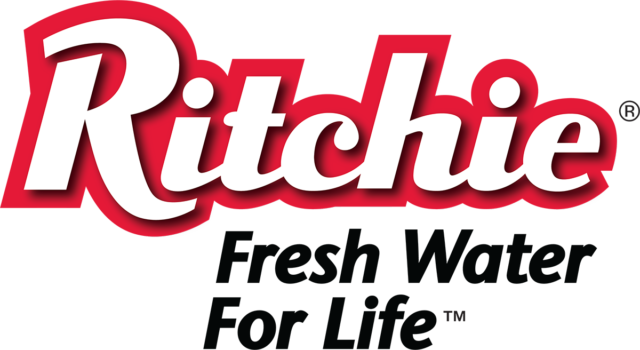Most college students majoring in agriculture have many opportunities for internships in the industry through ag companies, but that isn’t for everyone.
I grew up on my family’s 600-cow dairy in Vermont and have always known I wanted a career in dairy production and management. I spent most of my teenage years in a tractor doing field work until I got to college.
In college, a major topic of discussion is internships, so when I began thinking about internships, the majority were not appealing to me because I didn’t want an internship that was an industry job. I knew I needed to learn a lot more about cows, and so did my dad. So the summer before my college career began, I worked mostly with our herdsman and calf feeder learning the day-to-day things like treating cows and basic management.
The following summer, between my freshman and sophomore year, I worked at home doing strictly barn work. I did anything from cleaning calf pens to calculating feed efficiencies of our lactating herd. I had my own set of responsibilities, like heifer vaccinations, and took over for our calf feeder when she wasn’t there.
I also learned a lot about working with the maternity pen and how to watch for cows calving soon. That summer, I had the most responsibilities I’ve ever had at home, and it was a great feeling to have my own projects and jobs to do during the day.
Between my sophomore and junior year, I interned in Iowa on a 730-cow dairy with a strong presence in the Holstein genetics industry. I followed the herdsman around most of the day and worked with the on-farm veterinarian.
My main responsibility there was heat detection of the herd, and my project was recording semen inventory. I spent a little more than two months there and learned quite a bit about the Holstein genetics business. I was one of four interns during my time there.
One intern was a girl from Japan, and the other two interns were guys from the Netherlands. Not only did I get to learn about dairying in Iowa, I was able to learn about the dairy industry in the Netherlands and Japan. I am interested in dairy genetics and was able to see all the paperwork involved in registering, genomic-testing and caring for bulls.
This past summer, I was in central Texas working on a dairy that milked 12,000 cows on eight sites. Of my nine weeks there, I spent the majority of my time working with herd managers on those farms doing fresh cow work, entering events in the computer, giving vaccinations, treating hospital cows and learning a ton of Spanish.
My Spanish is not perfect, but I am much more confident speaking the language than I was before. I was also able to spend a week-and-a-half with calves and heifers, practicing breeding and learning more about their reproductive programs with their repro manager. The dairies were a mix of open lot and freestalls, and working in the open lots was a new thing for me.
I lived with two interns from Michigan, and it made the experience much better having others experiencing the same things as you, as well as spending time together outside of the internship.
Being on a larger-sized farm gave me the chance to see more sick and fresh cow problems and more chances to treat those problems than I would have seen at home. Certain illnesses may be more prevalent on other dairies as well, so you can learn more about how to treat those illnesses if you see them later on.
At my home farm, we don’t have technology such as activity monitors, RFID tags or rumination monitors. Seeing how other dairies manage their cows utilizing such technologies was good to see. The farm I was at in Iowa had activity monitors, and I learned how to read which cows were in heat or what causes changes in cow activity.
The Texas dairy began putting in RFID tags last summer, so the farm still has another year before that technology is implemented. The focus on all the dairies in Texas was checking cows. Every pen is walked through every day, and there were a lot of people who knew cows really well, which was helpful for me in learning more about cow behavior.
Although I spent two summers away from home, I still don’t plan on returning to my family’s dairy for another few years after graduation in order to gain more experience working elsewhere. If you are looking to do an on-farm dairy internship, most college advisers can help you set that up or you can start searching the Internet.
Wherever you may end up, be sure they have the time to teach you the things you want to learn. It makes all the difference to work with someone who wants to teach you. The connections in the dairy industry are endless; don’t be shy when it comes to your future. PD

-
Ashley Howlett
- Future Dairy Producer
- Bridport, Vermont






